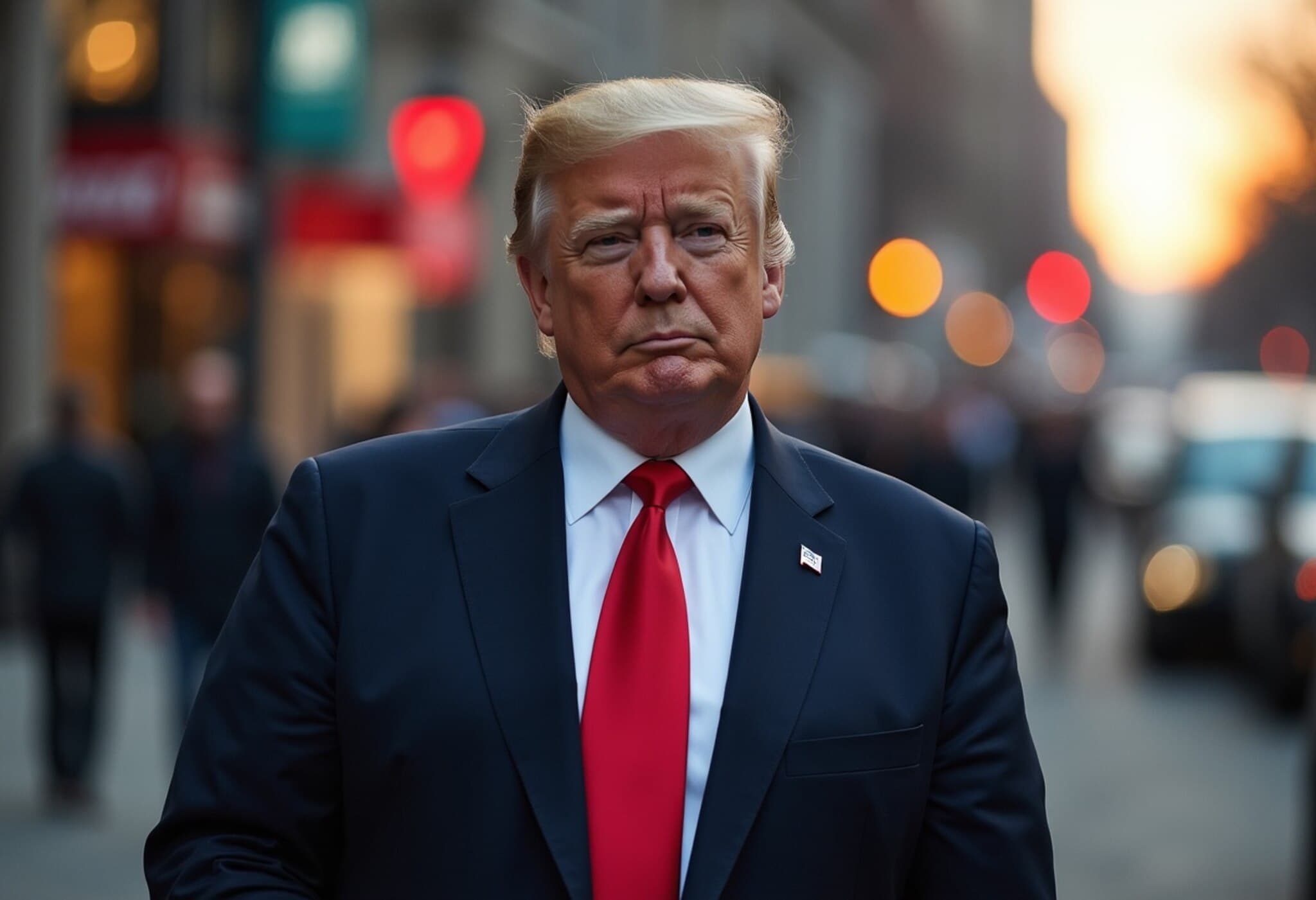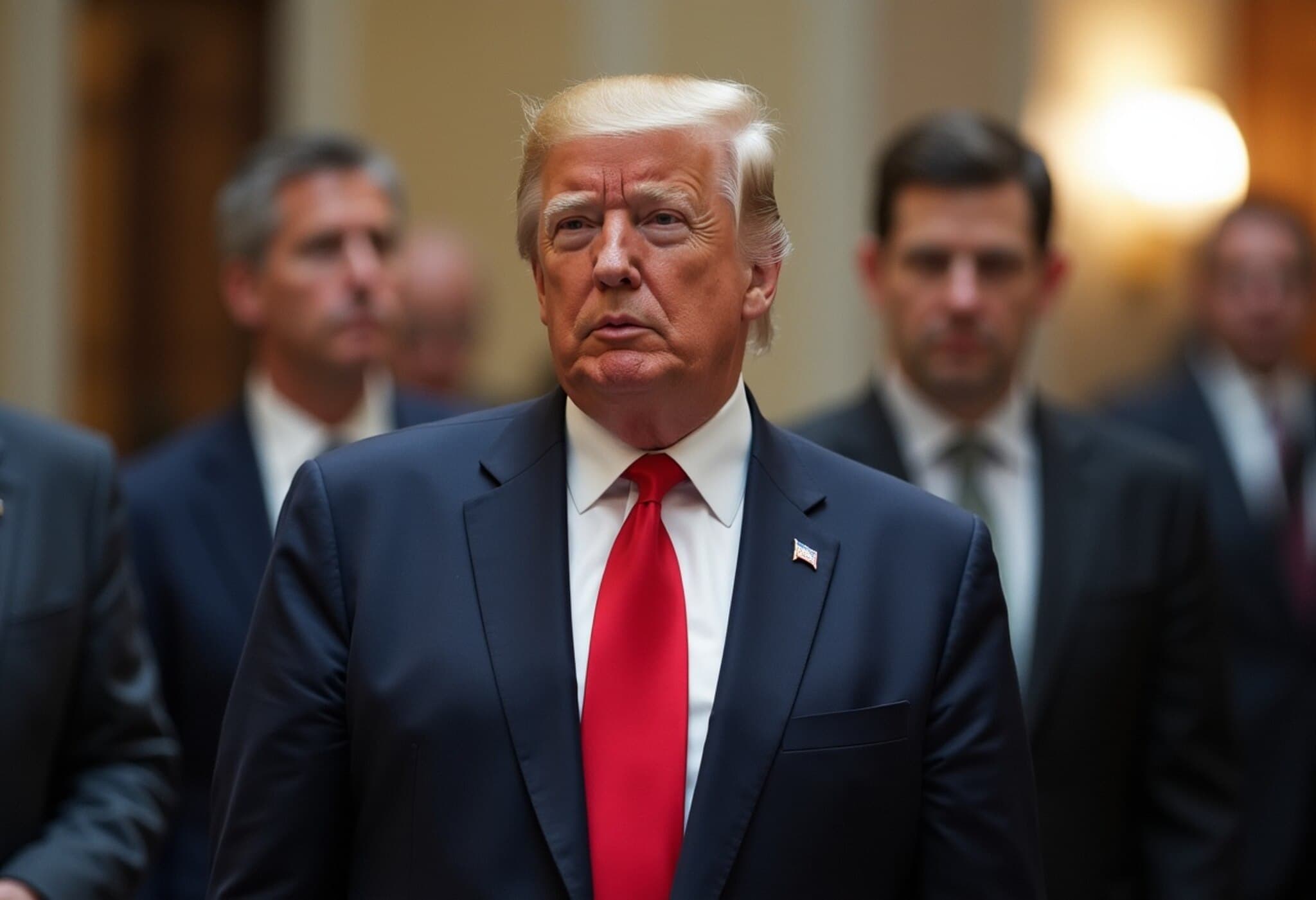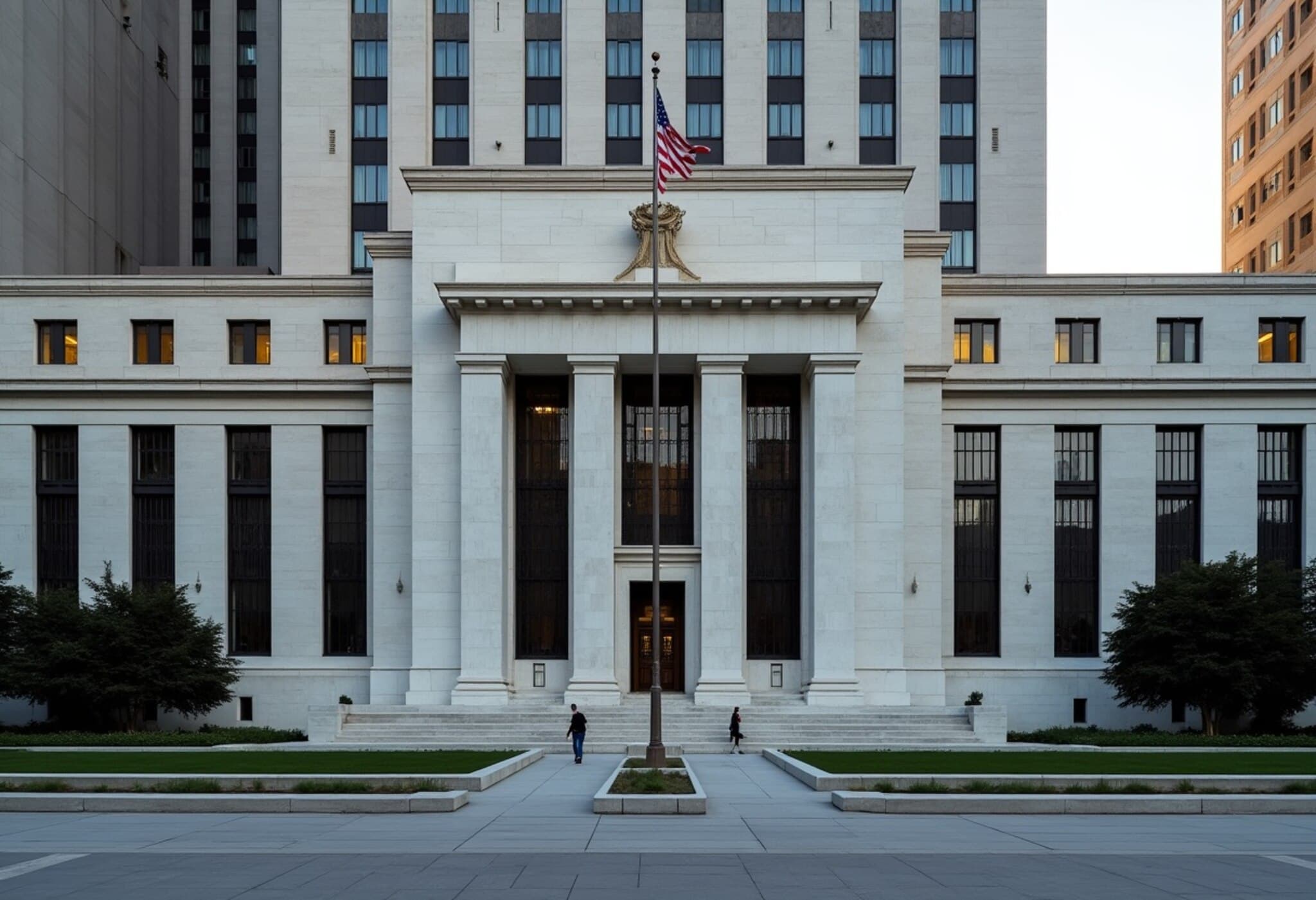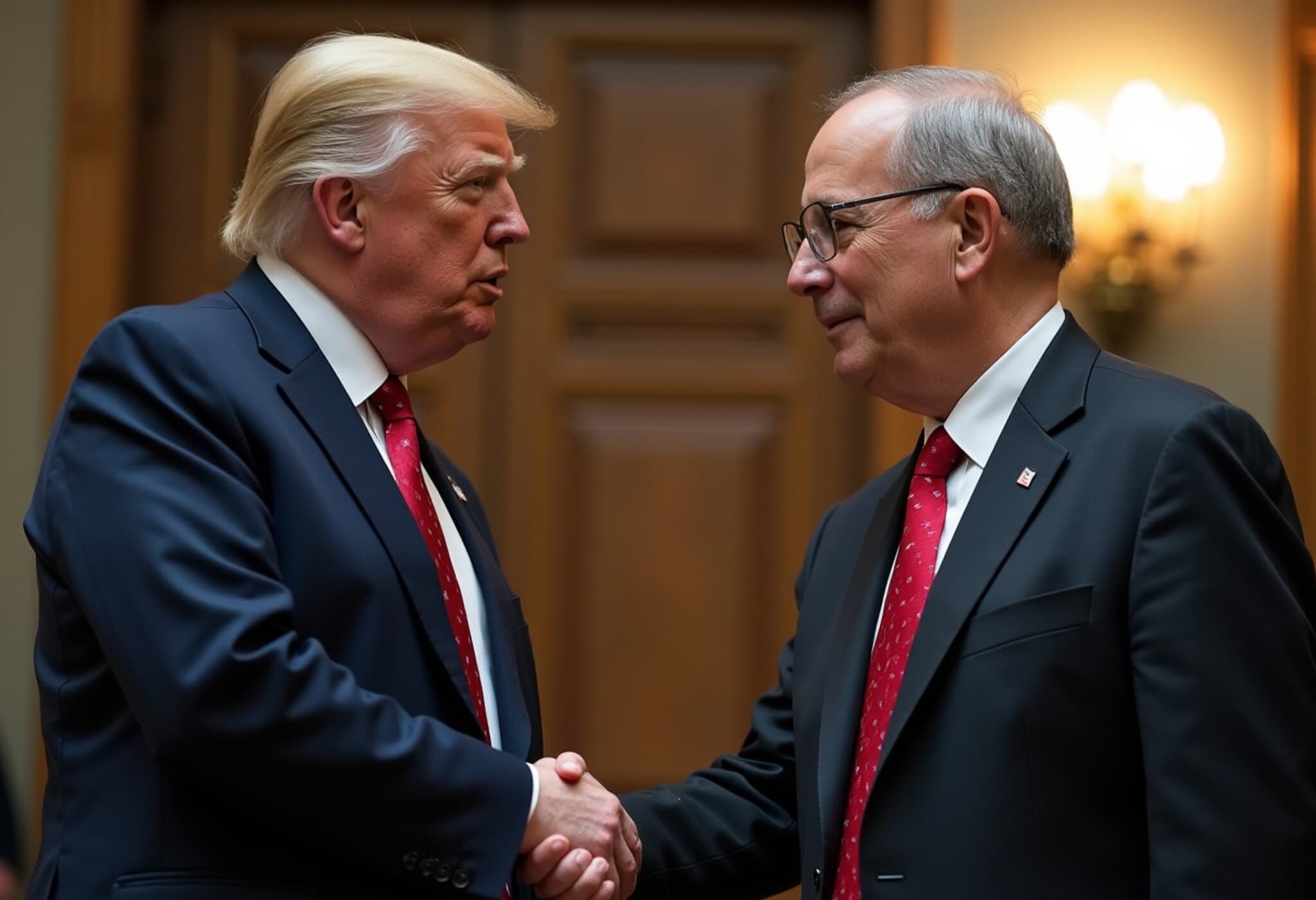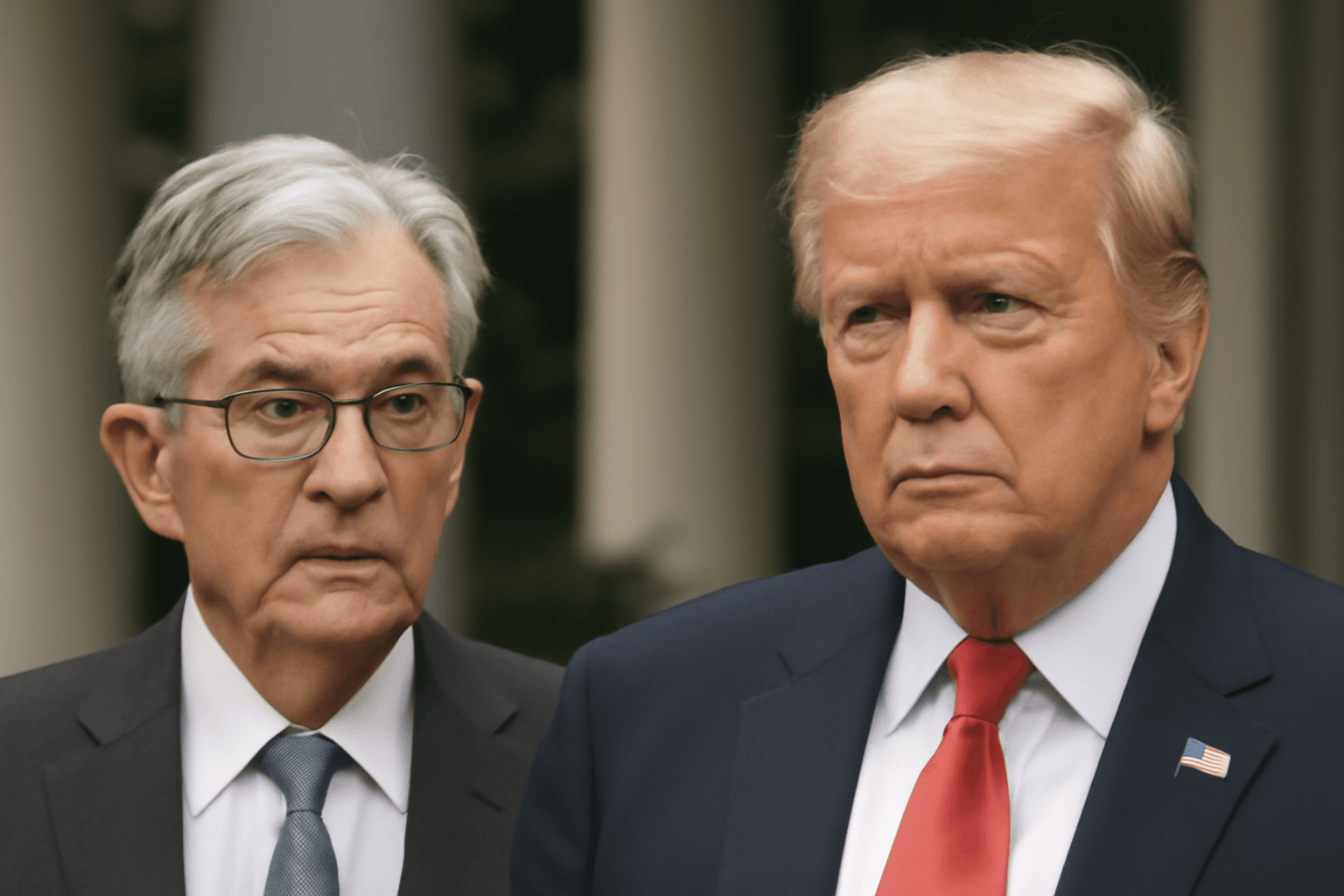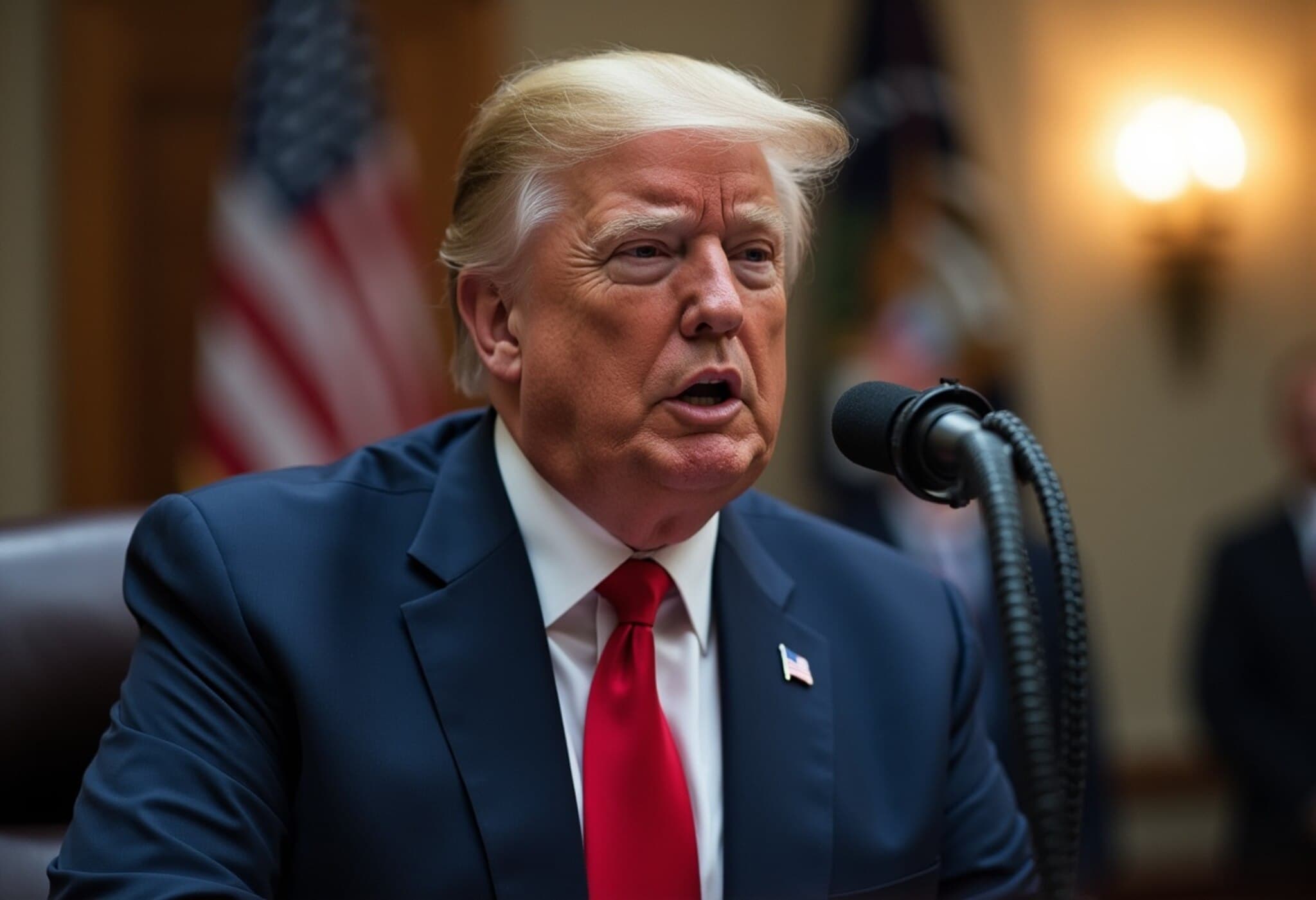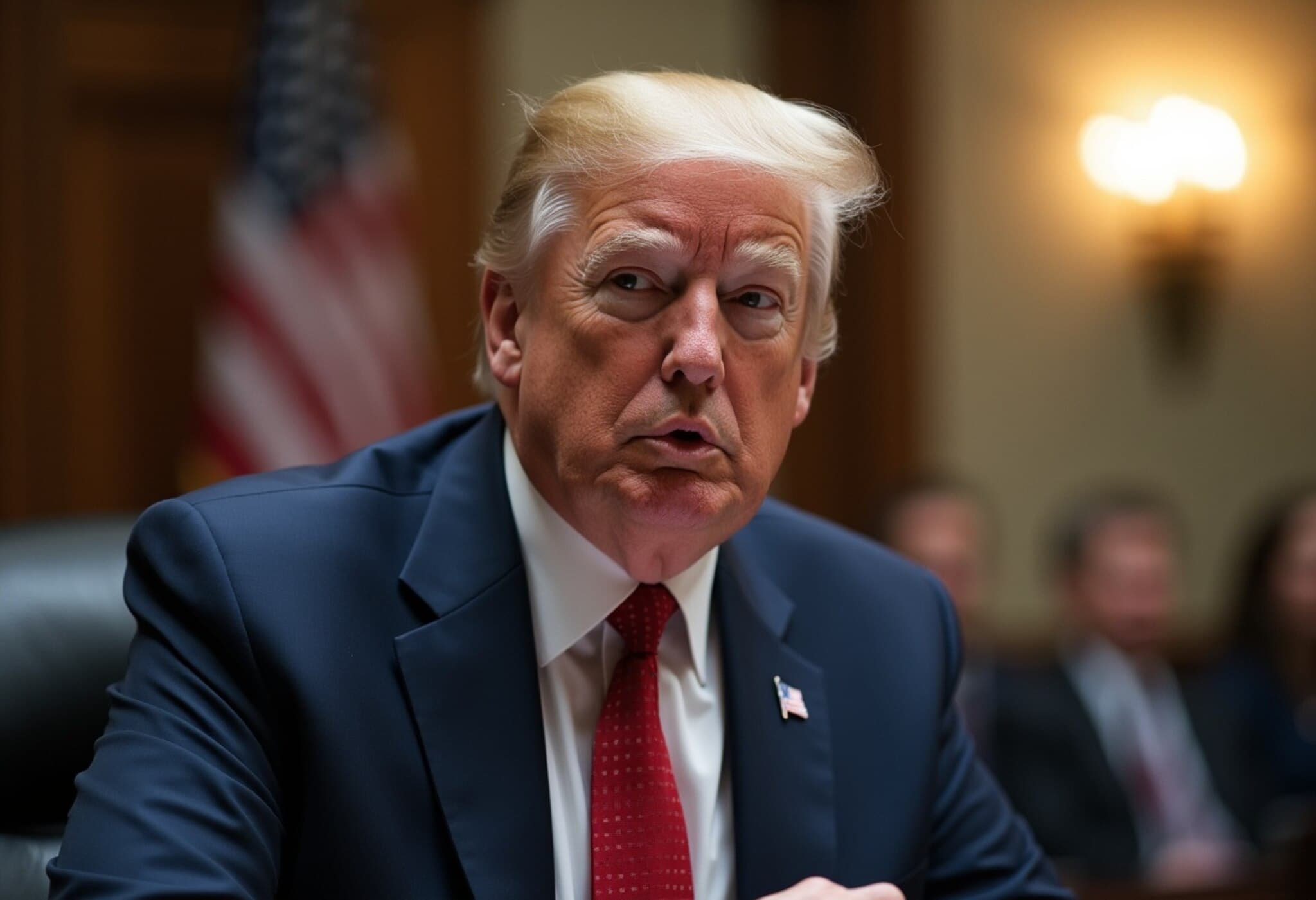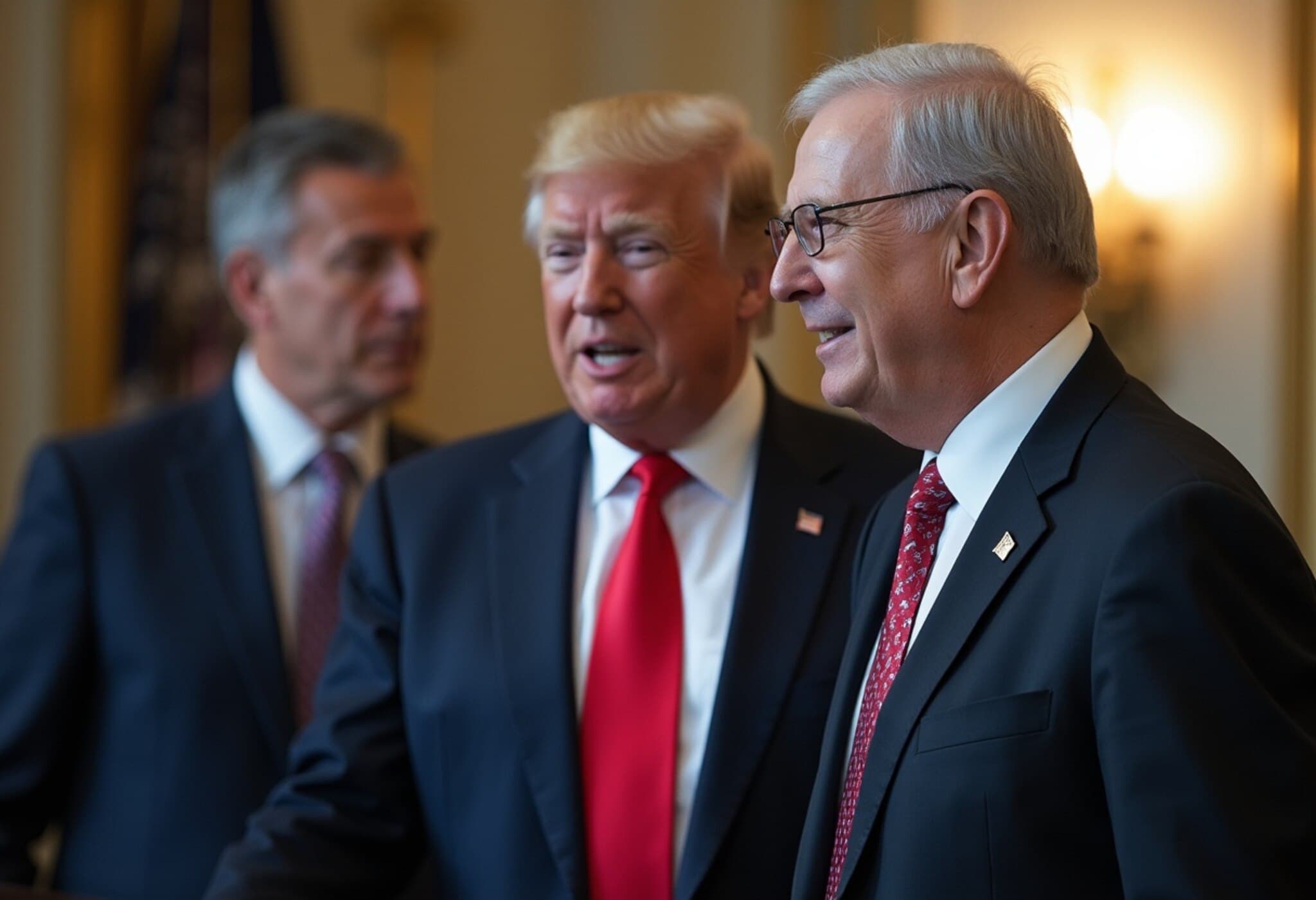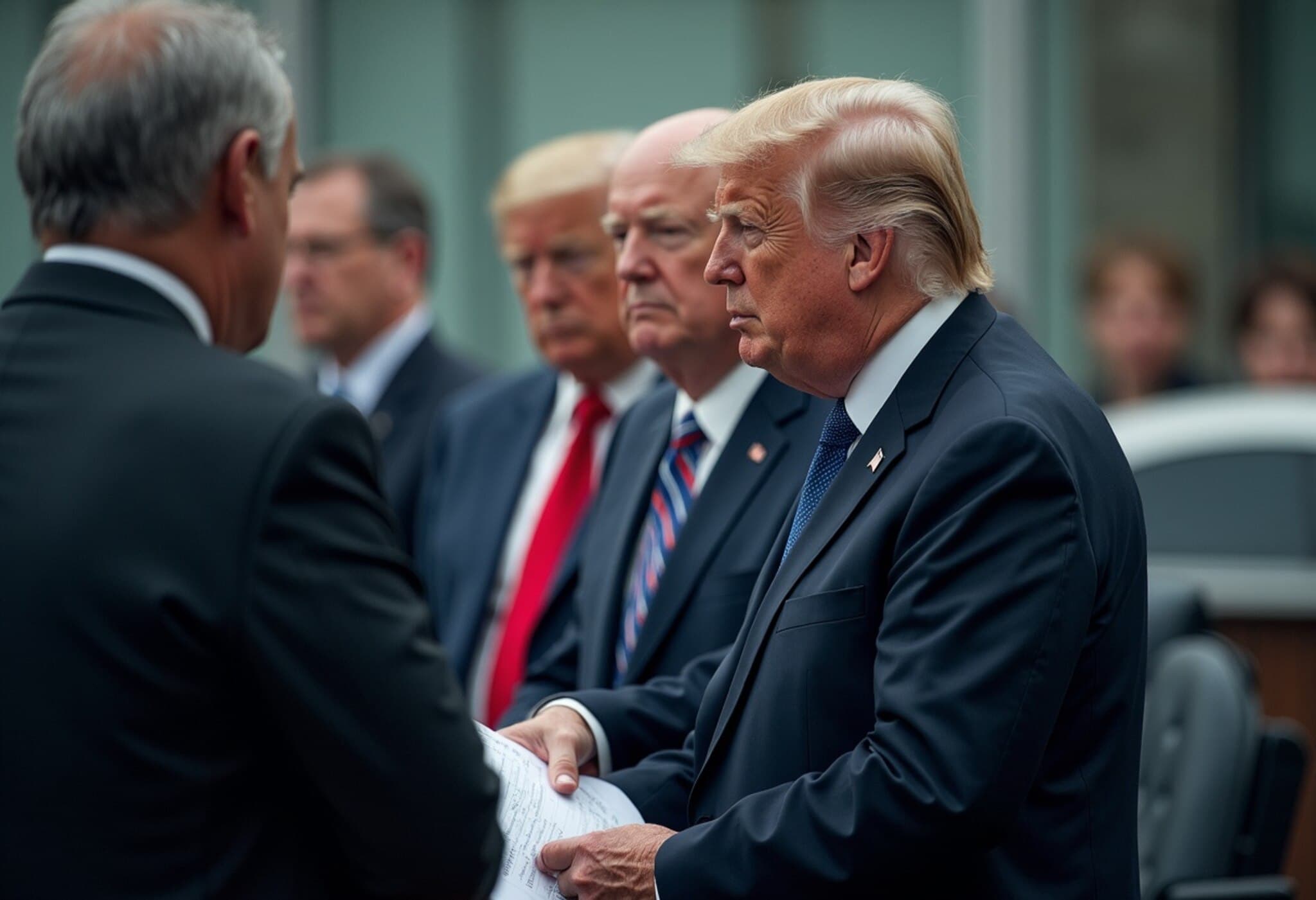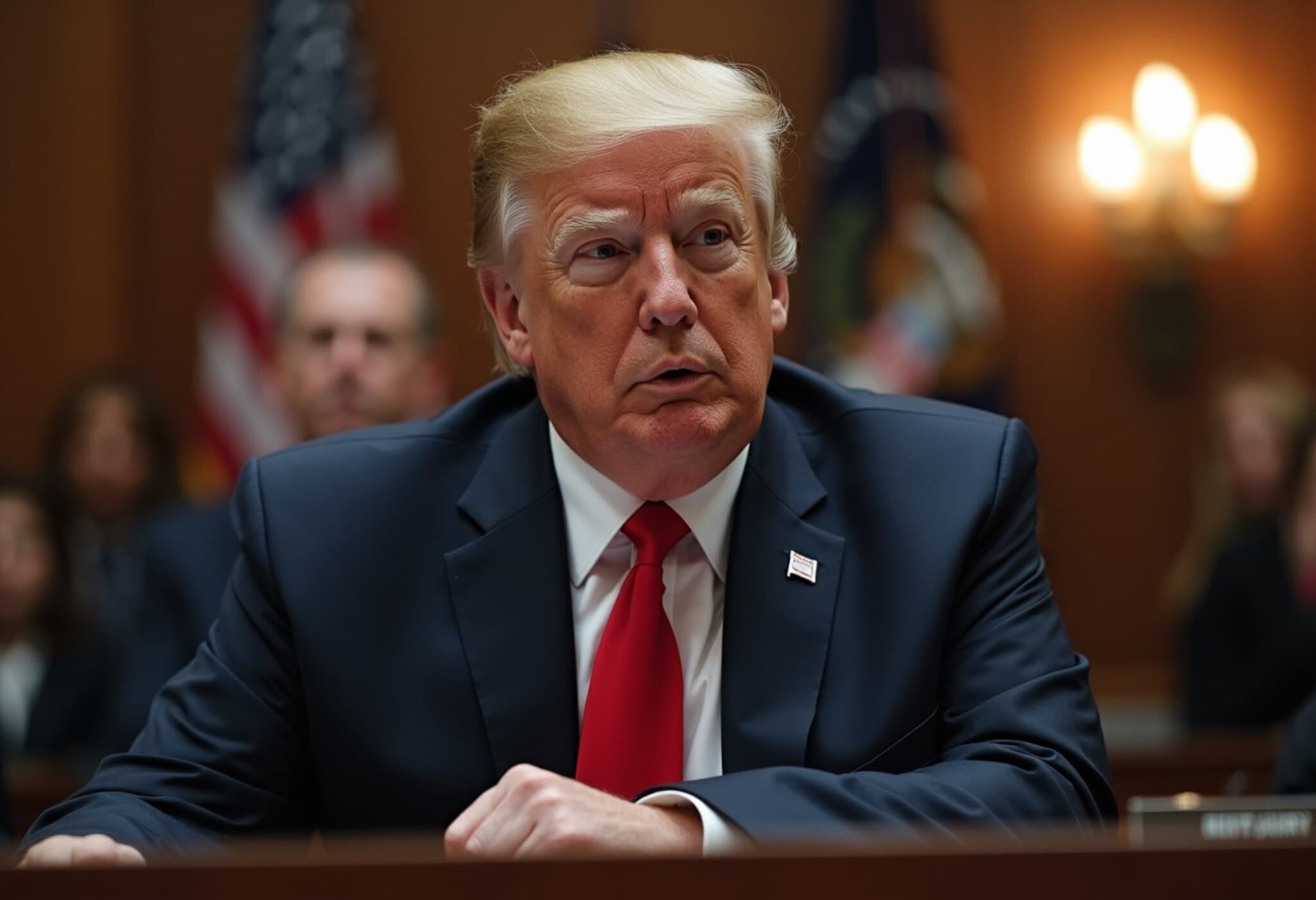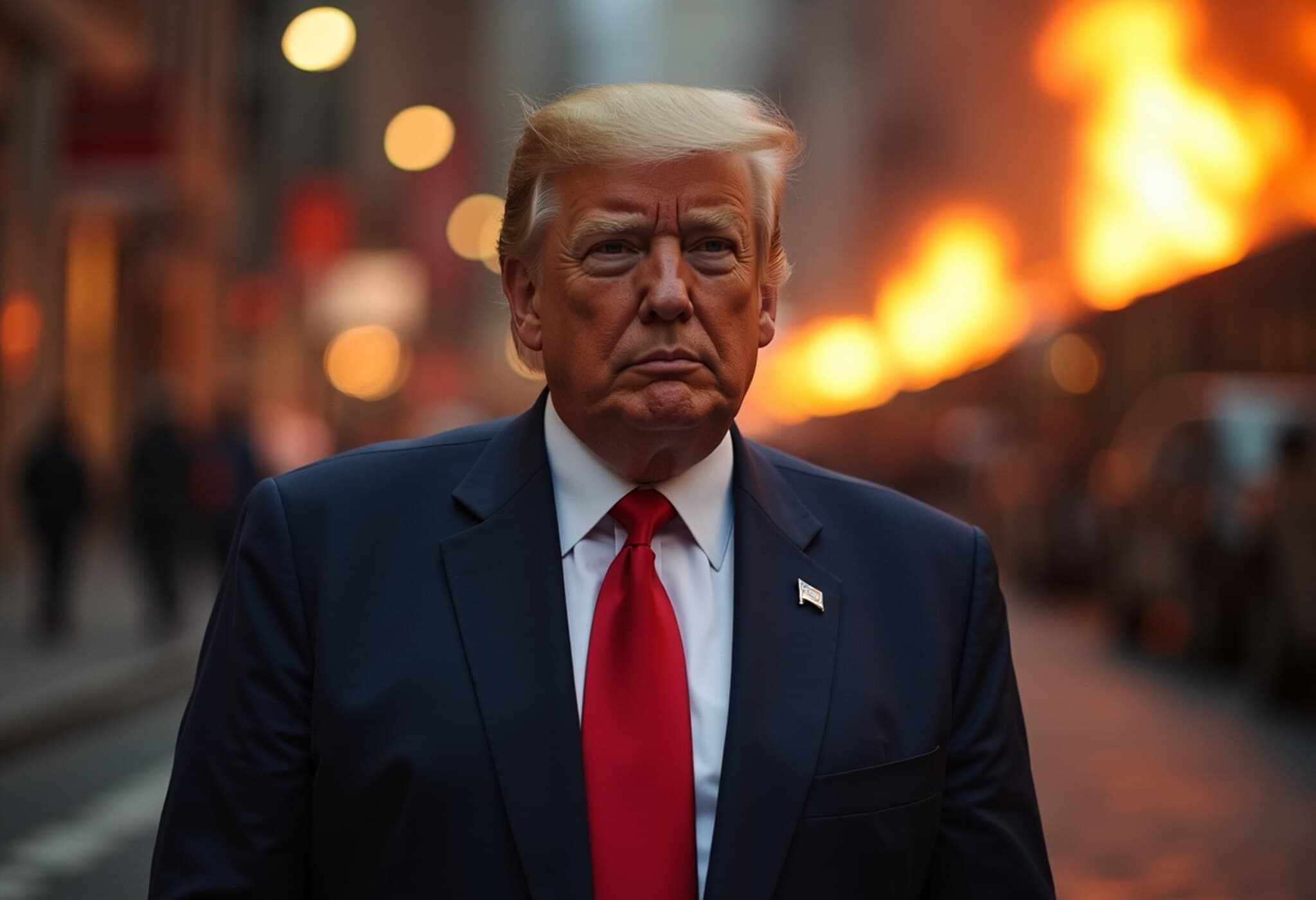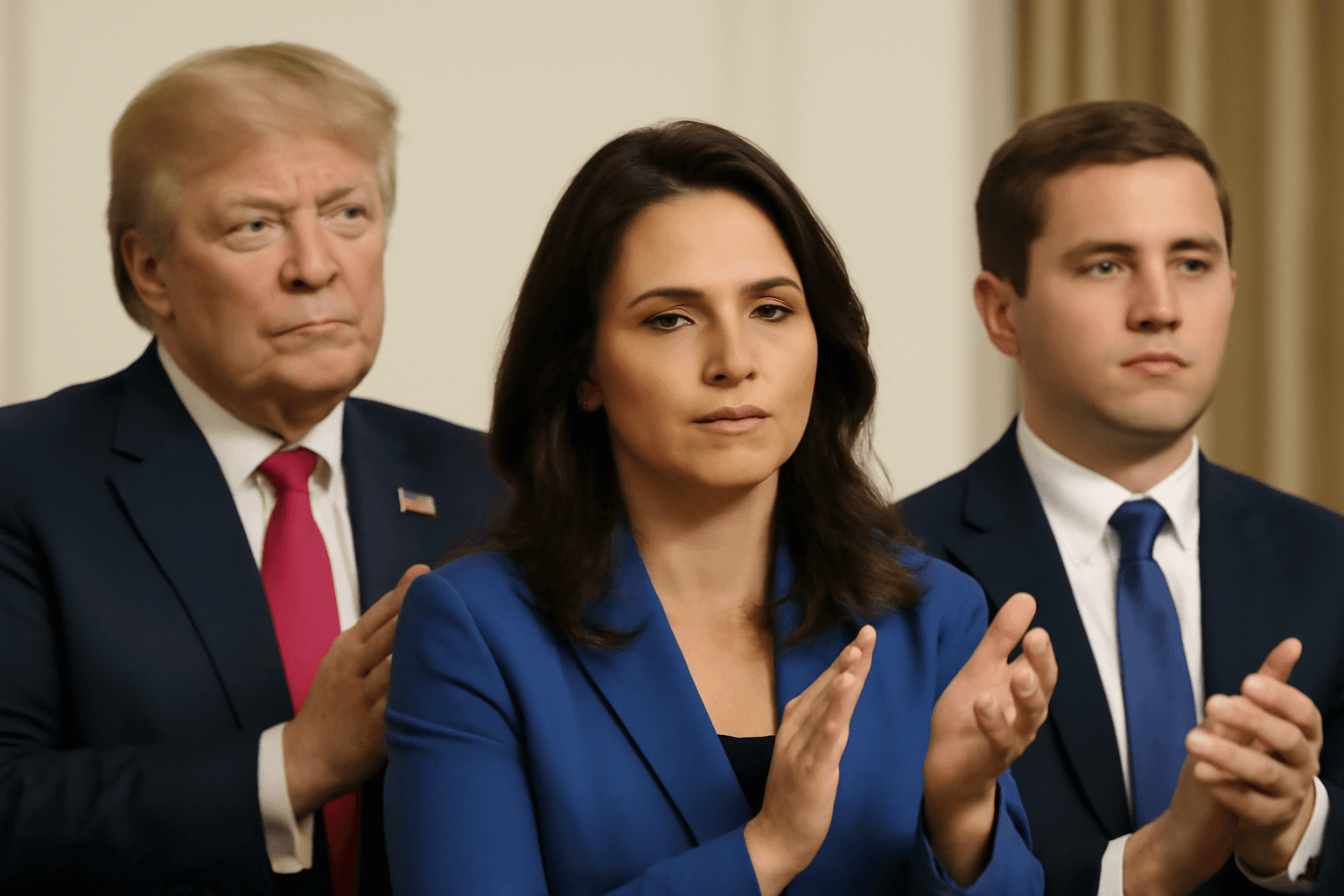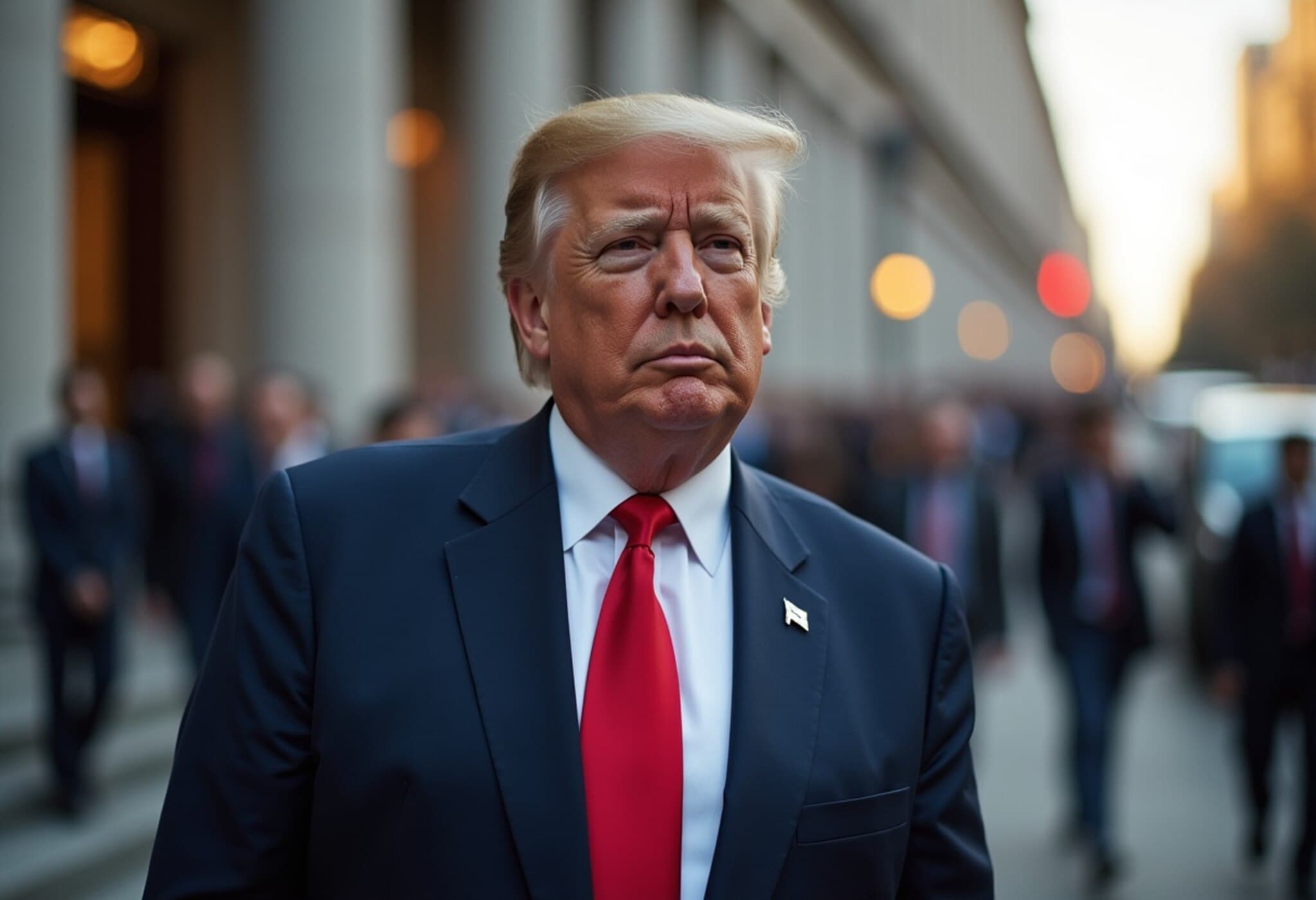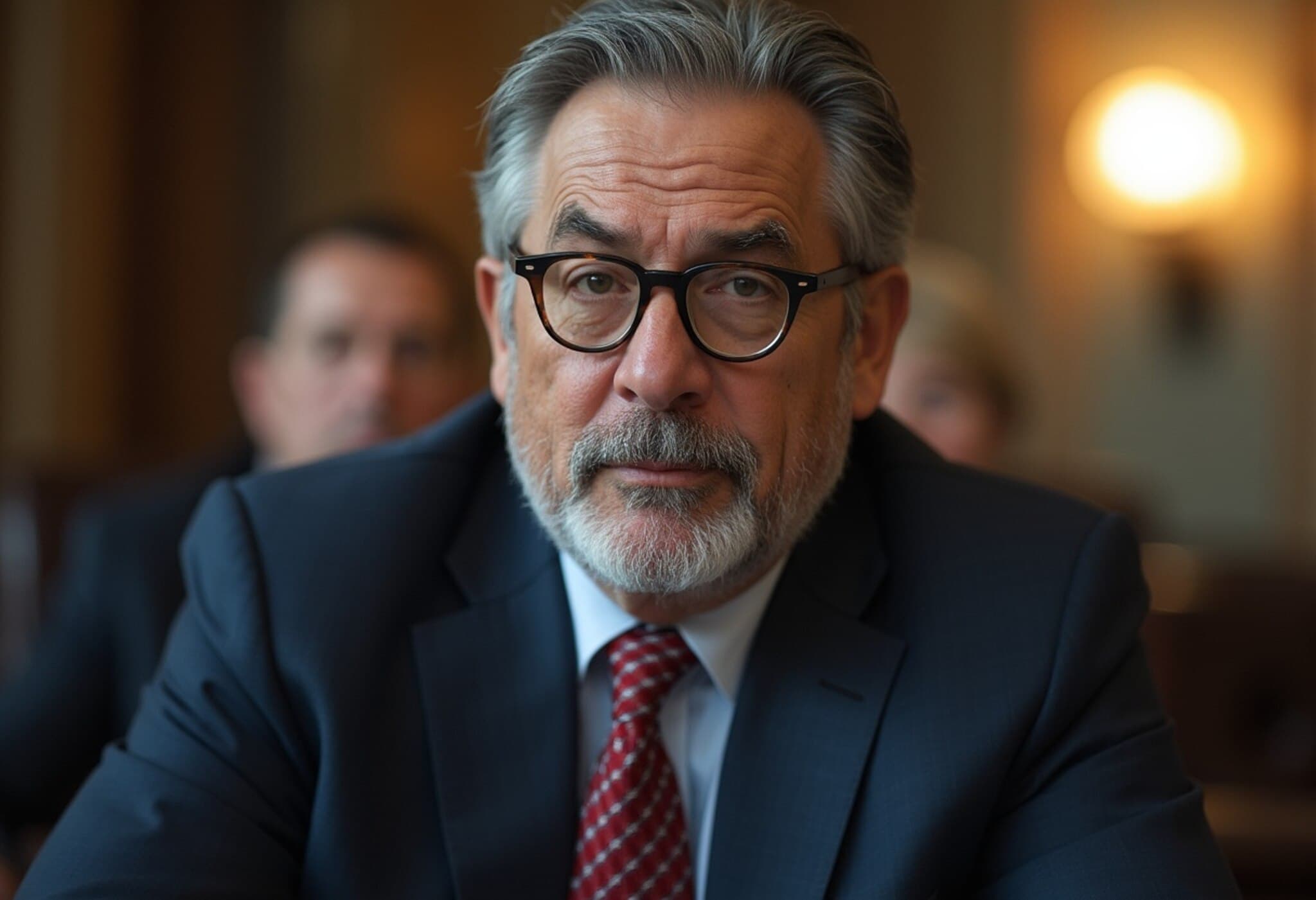The Trump Administration’s Bold Move Into Corporate Investment
In a striking departure from traditional Republican free-market principles, the Trump administration has taken an unusually active role in directly investing in key U.S. companies—actions historically reserved for wartime or economic upheaval. This shift signals a new era where national security concerns are driving significant government intervention in private industry.
Golden Shares and Pentagon Stakes: New Tools for Strategic Influence
One of the most eye-catching developments has been President Donald Trump obtaining a "golden share" in U.S. Steel through the company's merger with Japan’s Nippon Steel. This special share grants Trump veto-like control over certain major business decisions, a rare move that effectively places a presidential thumb on strategic corporate operations.
Trump confirmed this unique authority during a July summit in Pittsburgh, stating, "You know who has the golden share? I do." Experts like Sarah Bauerle Danzman from the Atlantic Council highlight that this arrangement resembles a form of nationalization — but without the typical government investment benefits — signaling a novel form of state involvement in industry.
The Pentagon’s Equity Purchase in Critical Minerals
Adding another layer to federal involvement, the Department of Defense made headlines by acquiring a $400 million equity stake in MP Materials, a rare-earth mineral mining company. Rare earths are pivotal for defense technologies and advanced manufacturing, making this investment a landmark moment.
According to Gracelin Baskaran of the Center for Strategic and International Studies, “This is the biggest public-private cooperation the U.S. mining sector has ever seen.” Historically, the Pentagon has refrained from equity stakes in mining, making this a first-of-its-kind strategic partnership.
Political Dynamics and the New Business Landscape
Trump’s personal political capital within the Republican Party allows for aggressive intervention that previous administrations, especially Democrats, might avoid due to ideological constraints and political backlash. Danzman highlights that such moves would be considered unthinkable for a Democrat, who might face charges of socialism from party opponents.
Anticipating Expanded Government Investments
More government stakes could be imminent as the administration crafts policies to shield U.S. industries from aggressive state-backed competitors, most notably China. Interior Secretary Doug Burgum suggested equity investments could support multiple companies battling Chinese dominance in critical minerals.
James Litinsky, CEO of MP Materials, describes the Pentagon’s involvement as a “new way forward” to secure supply chains and combat unfair competition, dubbing Chinese state mercantilism a key threat to U.S. industrial sovereignty.
Senator Dave McCormick (R-Pa.) views the U.S. Steel golden share agreement as a blueprint for future foreign investments that bolster national security and economic growth simultaneously.
Revisiting Historical Precedents
Although unusual in recent decades, government intervention in critical industries is not without precedent. Historian Mark Wilson from UNC Charlotte notes that federal takeovers or bailouts happened extensively during crises such as the Great Depression, World Wars, and the 2008 financial meltdown, including government stakes in GM, Lockheed, and Chrysler.
However, these interventions were typically temporary, aimed at stabilizing vital sectors during emergencies, contrasting with today’s potentially more sustained and strategic approach.
China's Growing Economic Challenge
The current strategic environment, driven by competition with Russia and China and exacerbated by pandemic-induced supply disruptions, has reignited protectionist and nationalistic economic policies. U.S. policymakers are increasingly wary of China’s export practices and manufacturing overcapacity, which undercut global competitors.
Baskaran underscores how China's export restrictions on rare earth minerals exposed the vulnerability of American supply chains, highlighting the urgency for domestic capacity and government intervention.
Rethinking Free Market Assumptions
Wilson suggests this moment reflects a broader reassessment of blind confidence in free markets and global trade as guarantors of national security. Meanwhile, Danzman issues a cautionary note about potential unintended consequences of interventionist policies, warning of new market distortions and failures that can arise from government interference.
Looking Ahead: Implications and Questions
- Will these interventions mark a long-term trend or remain crisis-driven exceptions?
- How will government ownership stakes impact corporate governance and market competition?
- Can the U.S. effectively counter foreign state-backed economic power without overstepping market principles?
- What safeguards are needed to balance national security and economic vitality?
Editor’s Note
Under President Trump, an unprecedented scale of direct federal investment into private companies—especially those vital to national security—is reshaping the American industrial landscape. While this signifies a pragmatic response to global competitive threats, it also raises complex questions about the evolving role of government in business. As public-private partnerships deepen, balancing economic efficiency with strategic autonomy emerges as the defining challenge for policymakers moving forward.

